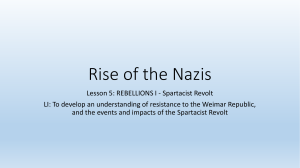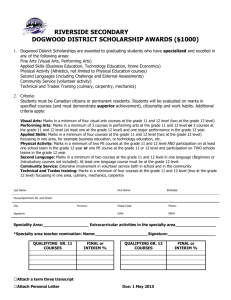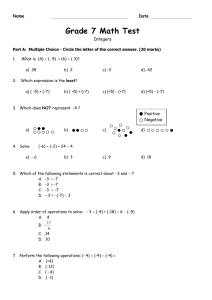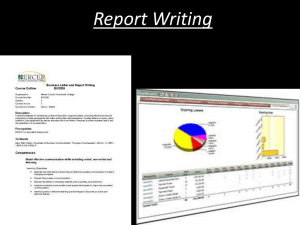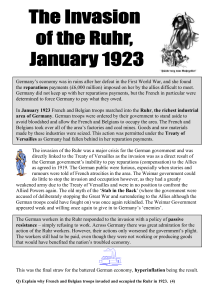Weimar Germany Homework Document
advertisement
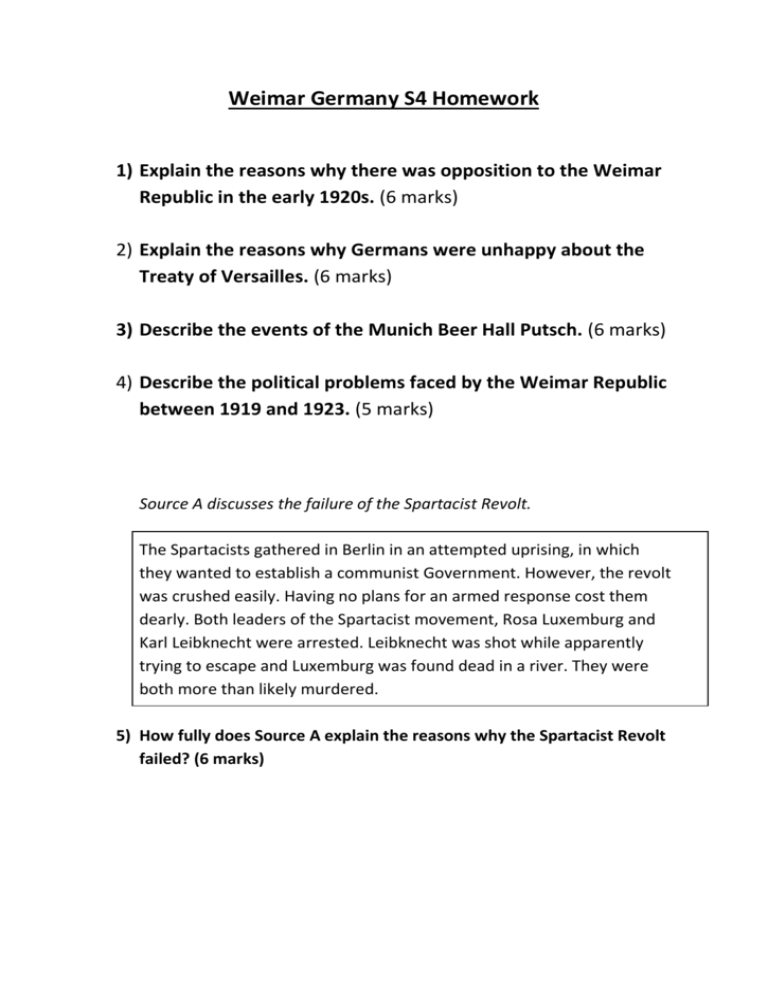
Weimar Germany S4 Homework 1) Explain the reasons why there was opposition to the Weimar Republic in the early 1920s. (6 marks) 2) Explain the reasons why Germans were unhappy about the Treaty of Versailles. (6 marks) 3) Describe the events of the Munich Beer Hall Putsch. (6 marks) 4) Describe the political problems faced by the Weimar Republic between 1919 and 1923. (5 marks) Source A discusses the failure of the Spartacist Revolt. The Spartacists gathered in Berlin in an attempted uprising, in which they wanted to establish a communist Government. However, the revolt was crushed easily. Having no plans for an armed response cost them dearly. Both leaders of the Spartacist movement, Rosa Luxemburg and Karl Leibknecht were arrested. Leibknecht was shot while apparently trying to escape and Luxemburg was found dead in a river. They were both more than likely murdered. 5) How fully does Source A explain the reasons why the Spartacist Revolt failed? (6 marks) Source B was written by Max Brubeck, a soldier in the trenches when the armistice was announced in November 1918. At first we could not believe it. Could the war really be over? At first we were happy and relieved – we had lived through this terrible war but then it hit us – we lost! How was it possible? We were stunned, shocked and angry. Only a few short weeks before we were told we were winning this war. Our forces were advancing forward. Our enemies were starving at home. Now we realised it was all lies. Who had done this to us? Who had stabbed us in the back? Our Kaiser had let us down – he must hang his head in disgrace. 6) Evaluate the usefulness of Source B as evidence of attitudes of Germans towards the end of the first World War. (6 marks) Sources C and D discuss the impact of the Great Depression on German politics. Source C Before the crash, 1.25 million people were unemployed in Germany. By the end of 1930 the figure reached nearly 4 million, 15.3% of the population…wages also fell and those with full time work had to survive on lower incomes. Hitler, who was considered a fool in 1928 when he predicted economic disaster, was now seen in a different light. Source D The Depression helped Hitler by undermining [German] democracy. The Republic was governed by coalitions because of the nature of the voting system. The Economic crisis caused the coalition under Muller to fall apart in 1930. The next three Chancellors…relied on the President’s powers…to rule by decree without the support of the Reichstag. In this undemocratic atmosphere, Hitler was able to come in through the back door. 7) Compare the views of Sources C and D on the impact of the Great Depression on German politics. (4 marks) Source A discusses the impact of hyperinflation in Germany On Friday afternoons, workers desperately rushed to the nearest store, where a queue had already formed. When you arrived, sugar cost two million marks but by the time your turn came, it had doubled in price. In the chaos, people pushed prams loaded with money. Life became nightmarish. We were devastated as life savings became worthless. Of course, there were those who were used to having no money but it was hard for those of us who once had money and suddenly had nothing. 8) How fully does source A describe the effects of hyperinflation on the German people? (5 Marks) 9) To what extent was the work of Gustav Stresemann the main reason why Weimar Germany entered a ‘golden age’ in the mid 1920s? (8 marks)
